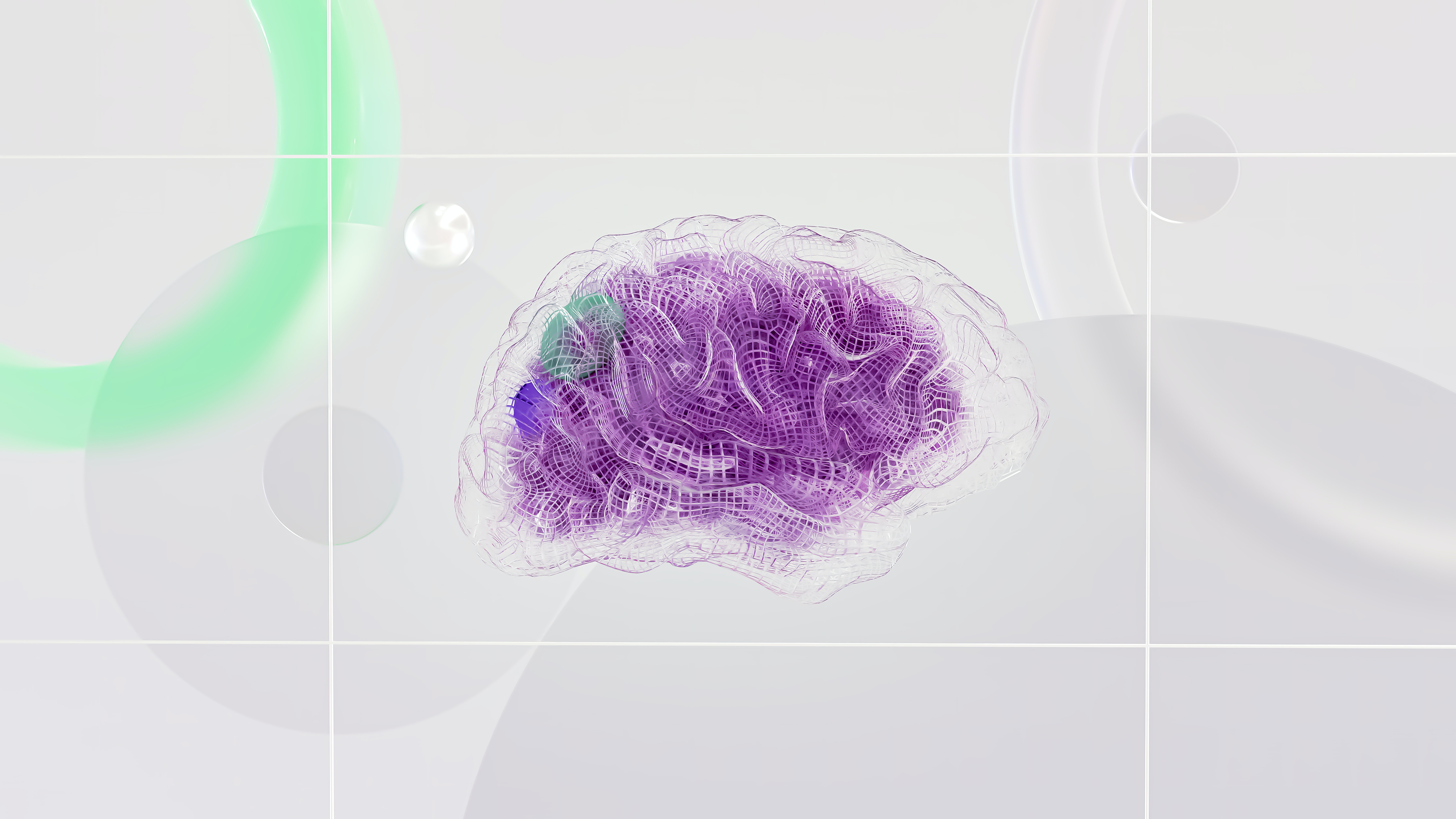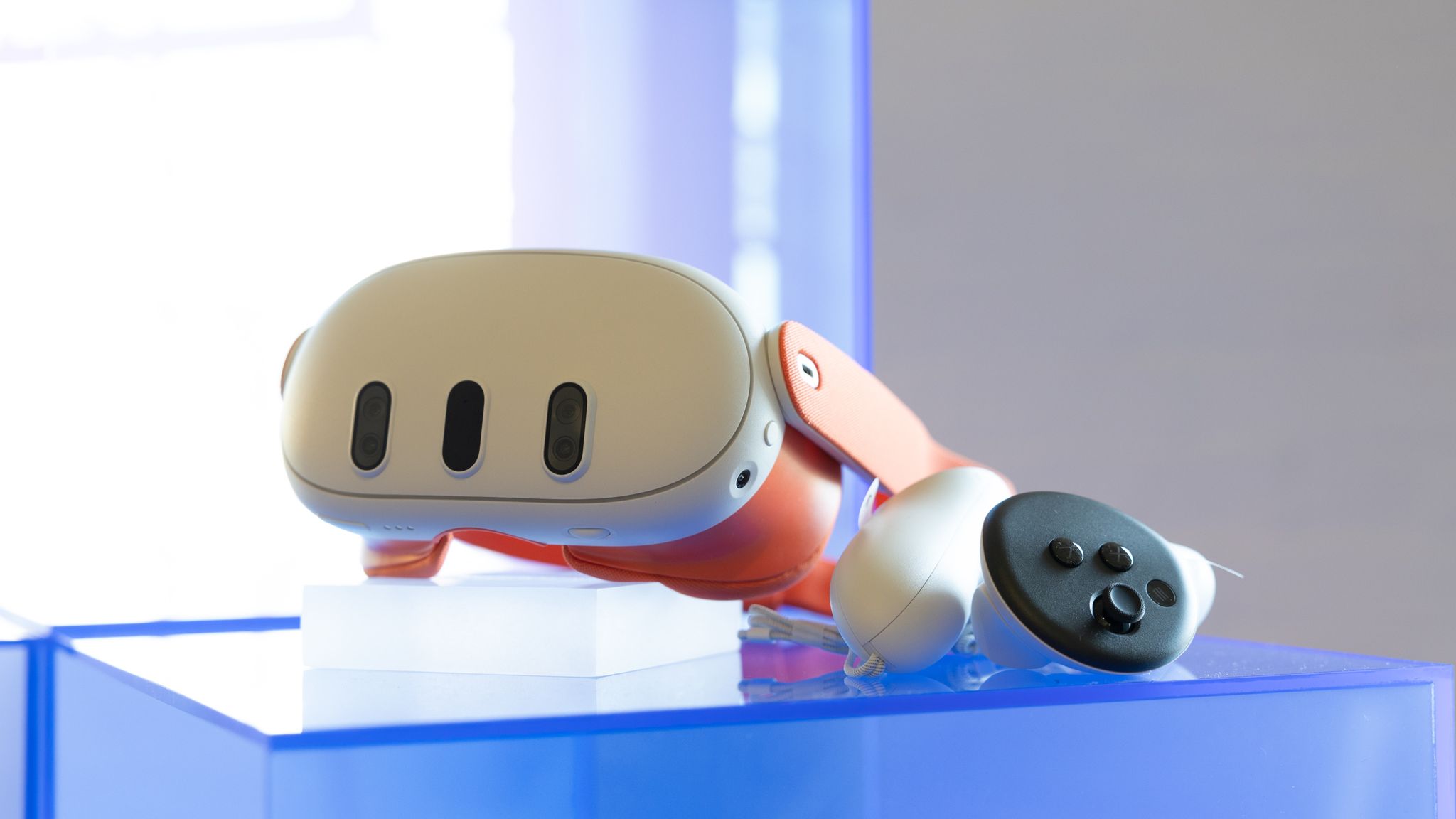Applications of Brain-Computer Interfaces
The implementations of BCIs are as varied as they are revolutionary. In medicine, these interfaces are explored as promising tools for the rehabilitation of patients with motor disorders. For example, strokes and spinal cord injuries. By translating the users’ brain activities into signals that control prosthetic limbs, wheelchairs, or other assistive devices, BCIs have the potential to significantly enhance their quality of life.
Simultaneously, BCIs also present potential in the realms of neurofeedback training and mental health treatments. By providing real-time information about brain activities, users can learn to modulate their brain functions cognitively. This has lots of potential benefits for conditions like ADHD, depression, or anxiety disorders.
Challenges in Brain-Computer Interface Technology
Despite the vast potential, the development and implementation of BCIs are not without challenges. For instance, interpreting brain signals accurately remains a complex task due to the sophisticated nature of the human brain. Furthermore, designing systems that can seamlessly blend with the users’ lives without hindrance necessitates careful engineering, rendering user-friendliness a significant hurdle in the widespread acceptance of BCIs.
Ethical Considerations
As with any technology that deeply permeates the frontier of personal identity and autonomy, BCIs bring forth a set of substantial ethical and societal considerations. Matters of data privacy and security immediately spring to mind – with the possibility of brain activities being read and, potentially, even altered. This topic provokes concerns related to personal privacy, identity, agency, and questions about the potential for misuse of this powerful technology.
Moreover, questions arise regarding the accessibility of these systems. As technological advancements continue to make strides in human augmentation and enhancement, it becomes crucial to ensure that this evolution of technology does not unintentionally create an environment of biological inequality.
In conclusion, the field of BCIs is a fascinating, rapidly evolving area of research that holds great promise for the advancement of human capacities and the improvement of many lives. While overcoming the challenges and responsibly tackling the ethical issues will demand arduous and tenacious efforts from all stakeholders, the rewards could be well worth it, opening a novel chapter in mind-machine interaction.





